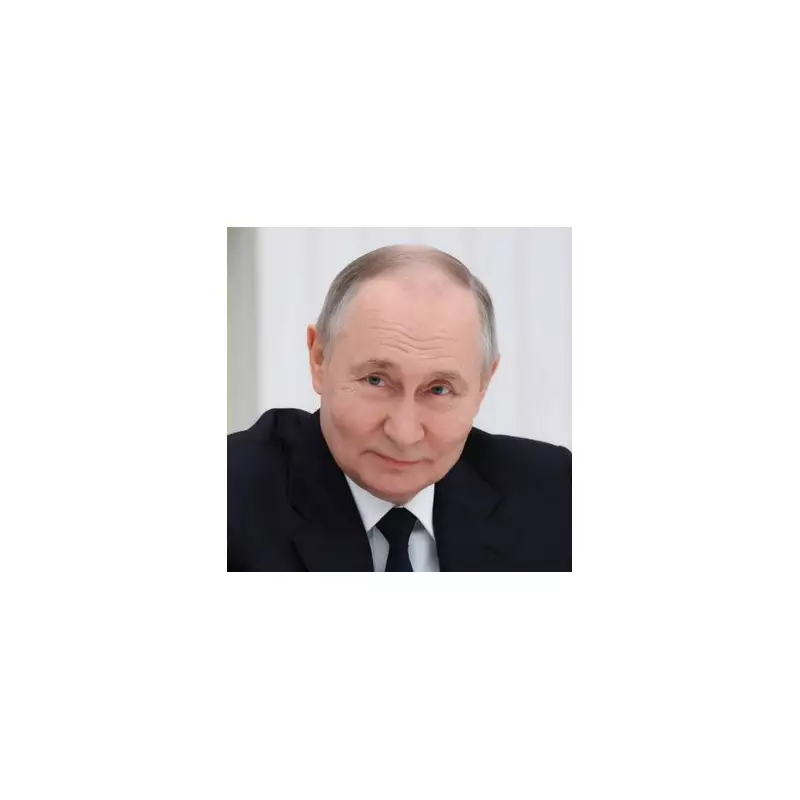
New insights into Vladimir Putin's early years reveal a childhood overshadowed by hardship and struggle. Born in post-war Leningrad, the Russian president's formative years were shaped by poverty, familial sacrifice, and the grim realities of Soviet life.
A Mother's Endurance
Putin's mother, Maria Ivanovna, endured unimaginable hardship to keep her family alive. Surviving the Siege of Leningrad - one of history's most brutal blockades - she later worked menial jobs to provide for her son. Eyewitness accounts describe her as a gaunt figure, her body bearing the scars of starvation from those desperate wartime years.
Life in a Communal Flat
The future leader spent his early years in a cramped communal apartment, sharing a single room with two other families. Residents recall young Vladimir as a quiet but observant child, often retreating into books or shadowing the building's caretaker - his first exposure to authority figures.
The Shadow of Loss
Tragedy struck early when Putin's older brothers died in infancy, leaving him as the sole surviving child. Neighbours remember Maria keeping photographs of her lost children on display, a constant reminder of the fragility of life in those turbulent times.
Forging Resilience
These formative experiences appear to have shaped Putin's worldview profoundly. Historians suggest that the combination of personal loss, economic deprivation, and witnessing his mother's suffering created the psychological foundation for his later political persona - one that prioritises strength and self-reliance above all else.
As Russia's leader continues to dominate global geopolitics, these childhood experiences offer valuable context for understanding the man behind the political machine.





